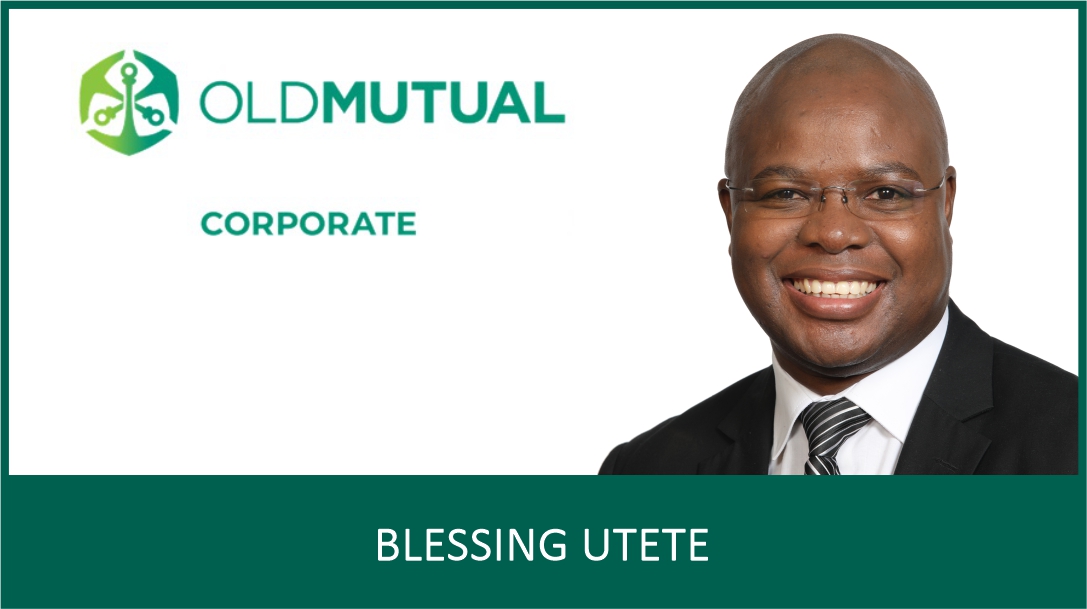Alexforbes has noted the interim order delivered by the Mpumalanga High Court on Wednesday 30 September 2025, in the case brought by Emunah Silinda and Tamara Silinda.
While we respect the judgement, Alexforbes is currently reviewing our legal options in response, especially the unjustified cost order against us, considering that Alexforbes had complied fully and timeously with the Court’s directions.
We believe it is important to clarify the legal framework that applies in this matter. As a principle and policy, Alexforbes seeks to avoid publicly disclosing client information, but given the public interest in this matter and the High Court order, it is necessary to share the following facts:
On retiring in early 2023, the late Mr DD Mabuza elected not to retain his pension benefit in the Political Office-Bearers Pension Fund (the Fund). Instead, in terms of the Fund Rules, he chose to transfer the full value of his pension to purchase a living annuity from a registered insurer – specifically a living annuity product from Alexforbes.
A living annuity is not a retirement fund and is not governed by Section 37C of the Pension Funds Act. Whilst retirement fund death benefits are distributed in accordance with section 37C at the discretion of fund trustees to identified dependants and nominees, this does not apply to a living annuity. A living annuity is an insurance product, regulated by the Long-Term Insurance Act and the Income Tax Act, where the policyholder’s nominated beneficiaries receive the remaining capital portion of the investment upon death. In law, the insurer must pay the nominated beneficiaries and there is no discretion to depart from this. Any departure would have significant legal consequences.
This distinction is critical:
- Living annuities are distributed strictly in accordance with the policyholder’s beneficiary nomination form and do not form part of the deceased’s estate.
- Retirement funds (pension, provident, retirement annuities and preservation funds) fall under Section 37C, requiring trustees to consider the relationships of the deceased, underpinned by the principles of fairness, to determine legal and factual dependency for the allocation of benefits. This legally-required process may delay distribution and may not align with the member’s stated wishes.
Our role as administrator is to act within the legal framework.
We remain committed to engaging transparently, upholding the law as it stands and providing certainty to our clients and their families during what is often a difficult and sensitive time.
ENDS

























































































